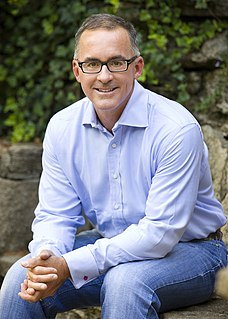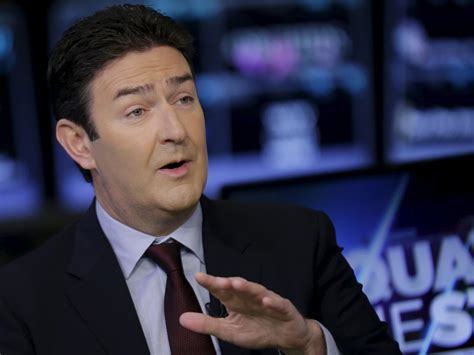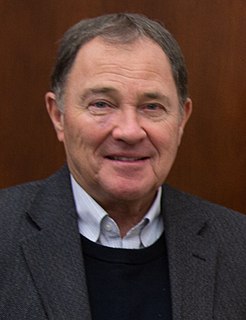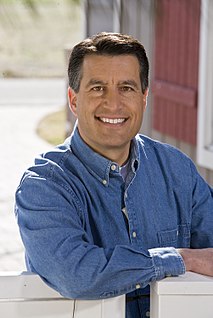A Quote by Jim Stengel
Our legacy is how we spend our time and who we spend it with.
Related Quotes
We are unlikely to spend our last moments regretting that we didn't spend enough of our lives chained to a desk. We may instead find ourselves rueing the time we didn't spend watching our children grow, or with our loved ones, or travelling, or on the cultural or leisure pursuits that bring us happiness.
How we spend our days is, of course, how we spend our lives. What we do with this hour, and that one, is what we are doing. A schedule defends from chaos and whim. It is a net for catching days. It is a scaffolding on which a worker can stand and labor with both hands at sections of time. A schedule is a mock-up of reason and order—willed, faked, and so brought into being; it is a peace and a haven set into the wreck of time; it is a lifeboat on which you find yourself, decades later, still living.
We like our current shareholders and don't want to entice anyone to become one. It would help current shareholders to hear our CEOs [of the Berkshireoperating subsidiaries], but we promised them they could spend 100% of their time on their business. We place no impediments on them running their businesses. Many have expressed to me how happy they are that they don't have to spend 25% of time on activities they didn't like.
Nobody is in their right to tell anybody how to spend their free time. If you like to spend it with your family or your kids, fantastic. If you want to spend it with your girlfriend, great. If you want to spend it doing charitable work, great. If you want to spend it through endorsements and marketing stuff, great.
































